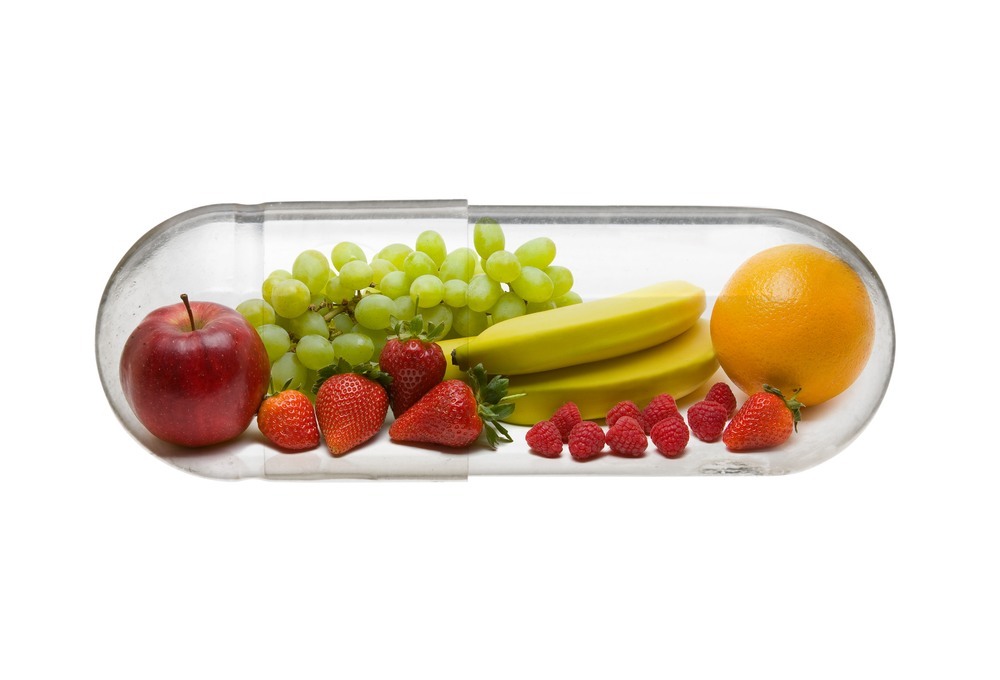Vitamins are essential for everyday health and body function, so much so that approximately 50% of Americans take a vitamin supplement daily. Different vitamins can provide different benefits for you and your body. Your heart specifically needs proper nourishment to stay healthy and strong. Here are some vitamins for heart health!
Vitamins for Heart Health
1. Fish Oil
Firstly, fish oil comes from the fatty tissue and oils from fish such as salmon, tuna, and trout which are rich in omega 3 fatty acids.
Omega 3’s are considered a “good” fat and have shown to stabilize already healthy cholesterol levels and lower the LDL and triglyceride levels in the blood.
Those who already eat plenty of fish in their diets most likely do not need to take fish oil supplements, but if fish isn’t part of your diet, you should make sure to include it through fish oil capsules.
We’re counting fish oil as a vitamin for your heart since there are supplements that have added vitamin d to them, which adds an extra dose of heart healthy vitamins. And fish oil is too good for your heart to leave out!
2. Folic Acid and B Vitamins
These two vitamins come from the B vitamin family and work closely together to break down homocysteine, an amino acid that can cause clots and block blood flow, in the blood stream.
As a result, the risk of heart attack decreases as well as high blood pressure. A recent study showed that women who consumed the highest amount of folic acid in their diet had a lower risk of heart attack than women who consumed the least amount of folic acid.
Vitamin B additionally boosts your immune system and energy levels, helping you feel alert and happier, along with other benefits.
3. Antioxidants
Antioxidants are vitamins found in berries, vegetables, whole grains, and even dark chocolate. They fight free radicals that come into our body through breathing and environmental contaminants.
Without sufficient antioxidants, the free radicals will travel throughout your body and damage healthy cells, which can leave to heart disease and blood damage.
The name antioxidant really means that they counteract oxidation of bad cholesterol LDL, which can cause heart disease and high blood pressure. By not allowing oxidation, plaque can’t build up as easily and block blood flow, making antioxidants perfect vitamins for your heart.
4. Magnesium
Magnesium tends to be largely forgotten or deficient in most diets. Unfortunately, lower levels of magnesium can lead to heart disease and high blood pressure.
Muscles need sufficient amounts of magnesium in order to work smoothly. Without it, muscles can cramp and weaken.
Additionally, magnesium helps process potassium and sodium in and out of cells, maintaining an important balance of each. Similarly, too much sodium can lead to high blood pressure and possibly heart disease.
Read More About Additional Benefits of Magnesium
Making sure to get enough vitamins from food or vitamin supplements can help keep heart disease at bay.
Likewise, discuss options with a doctor if you need further guidance and get recommendations. For example, other possible heart healthy solutions include l-arginine. It lowers blood pressure and provide more energy.
L-arginine and l-citrulline are amino acids that are found naturally in the body and certain foods. L-citrulline produces l-arginine and nitric oxide in the kidneys, allowing for lower blood pressure and increased flood flow in blood vessels.
Supplements that contain these amino acids lower blood pressure, thus decreasing heart disease. In conclusion, your heart will forever be happy to feel as healthy as it can with these supplements.
References
http://www.thebetterhealthstore.com/newsletter/021210_top-ten-heart-health_01.html
http://www.medicinenet.com/vitamins_and_exercise/page2.htm
http://www.gallup.com/poll/166541/half-americans-vitamins-regularly.aspx
http://www.drsinatra.com/benefits-of-magnesium-supplements-for-heart-health/

